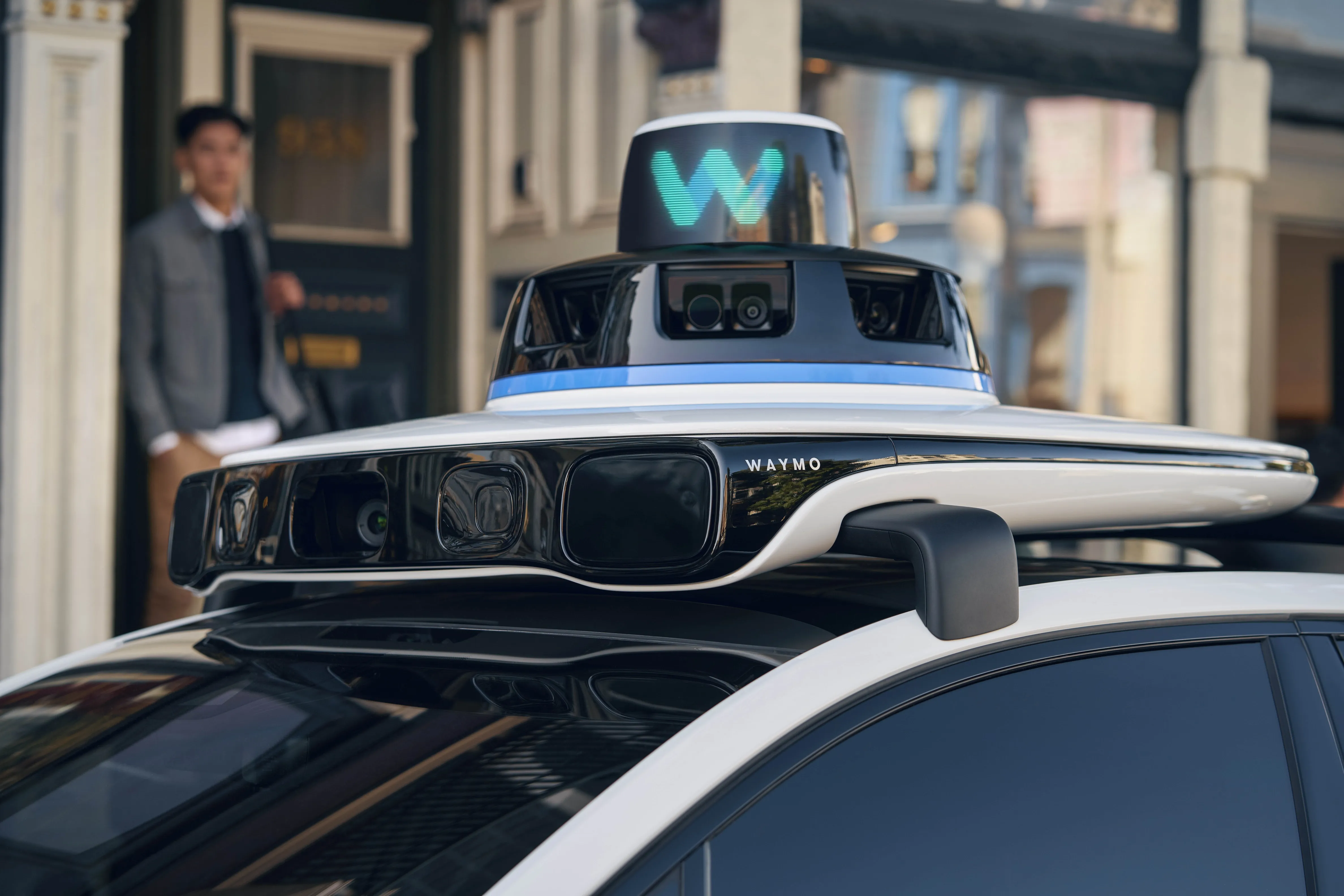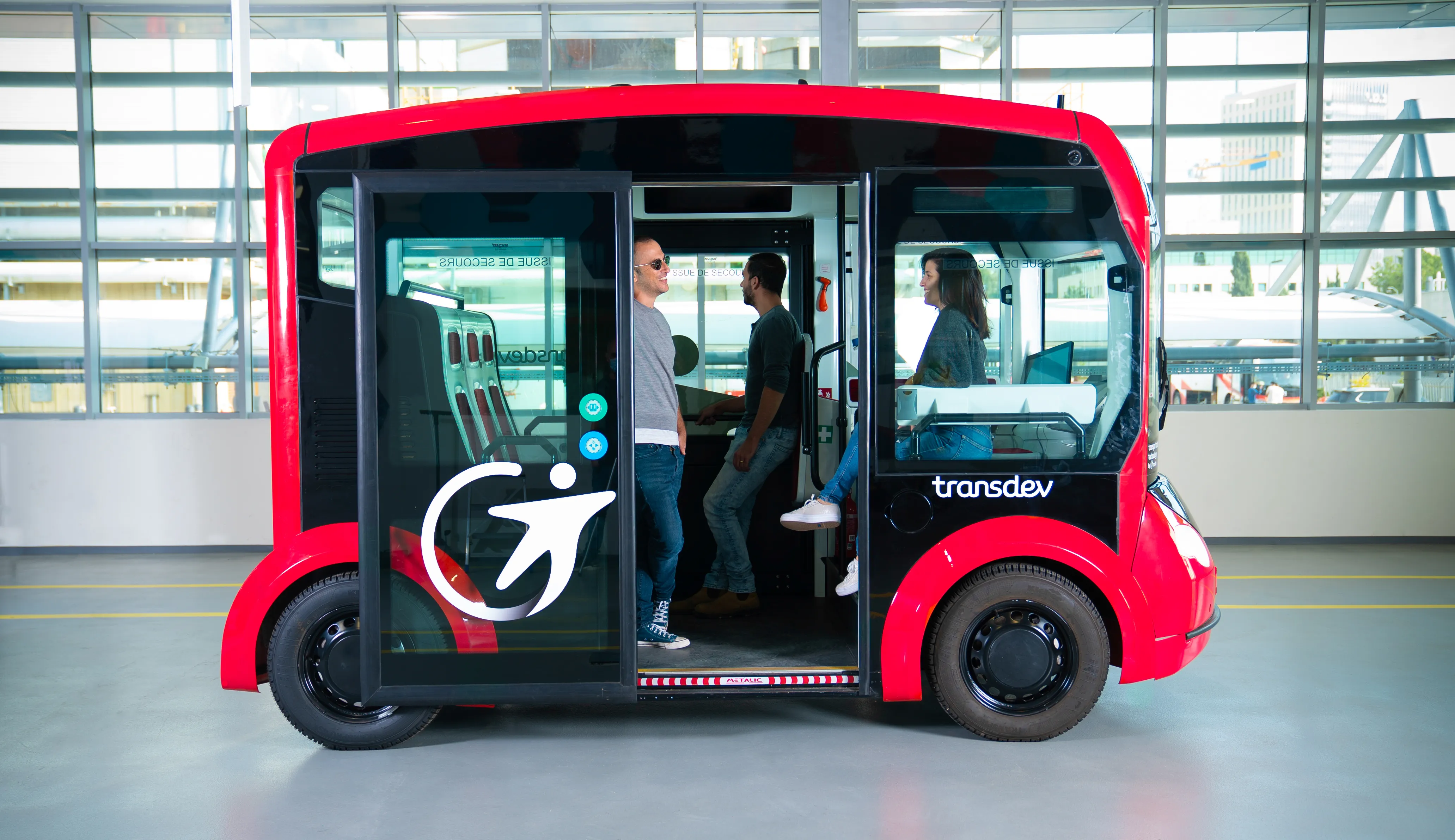Swedish car maker Volvo Cars is to join forces with ride-sharing company Uber to develop next generation autonomous driving cars, alliance marks the beginning of what both companies view as a longer term industrial partnership.
The two companies have signed an agreement to establish a joint project that will develop new base vehicles that will be able to incorporate the latest developments in autonomous driving technologies, up to and including fully autonomous driverless cars. The base vehicles will be
August 19, 2016
Read time: 2 mins
Swedish car maker 7192 Volvo Cars is to join forces with ride-sharing company 8336 Uber to develop next generation autonomous driving cars, alliance marks the beginning of what both companies view as a longer term industrial partnership.
The two companies have signed an agreement to establish a joint project that will develop new base vehicles that will be able to incorporate the latest developments in autonomous driving technologies, up to and including fully autonomous driverless cars. The base vehicles will be manufactured by Volvo Cars and then purchased from Volvo by Uber. Volvo Cars and Uber are contributing a combined US$300 million to the project.
Both Uber and Volvo will use the same base vehicle for the next stage of their own autonomous car strategies. This will involve Uber adding its own self-developed autonomous driving systems to the Volvo base vehicle. Volvo will use the same base vehicle for the next stage of its own autonomous car strategy, which will involve fully autonomous driving.
The new base vehicle will be developed on Volvo Cars’ fully modular Scalable Product Architecture (SPA), which Volvo says is one of the most advanced car architectures in the world. It is currently used on Volvo Cars’ XC90 SUV, as well as the S90 premium sedan and V90 premium estate.
SPA has been developed as part of Volvo Cars’ US$1 billion global industrial transformation programme, which started in 2010, and has been prepared from the outset for the latest autonomous drive technologies as well as next generation electrification and connectivity developments.
The development work will be conducted by Volvo Cars engineers and Uber engineers in close collaboration. This project will further add to the scalability of the SPA platform to include all needed safety, redundancy and new features required to have autonomous vehicles on the road.
The two companies have signed an agreement to establish a joint project that will develop new base vehicles that will be able to incorporate the latest developments in autonomous driving technologies, up to and including fully autonomous driverless cars. The base vehicles will be manufactured by Volvo Cars and then purchased from Volvo by Uber. Volvo Cars and Uber are contributing a combined US$300 million to the project.
Both Uber and Volvo will use the same base vehicle for the next stage of their own autonomous car strategies. This will involve Uber adding its own self-developed autonomous driving systems to the Volvo base vehicle. Volvo will use the same base vehicle for the next stage of its own autonomous car strategy, which will involve fully autonomous driving.
The new base vehicle will be developed on Volvo Cars’ fully modular Scalable Product Architecture (SPA), which Volvo says is one of the most advanced car architectures in the world. It is currently used on Volvo Cars’ XC90 SUV, as well as the S90 premium sedan and V90 premium estate.
SPA has been developed as part of Volvo Cars’ US$1 billion global industrial transformation programme, which started in 2010, and has been prepared from the outset for the latest autonomous drive technologies as well as next generation electrification and connectivity developments.
The development work will be conducted by Volvo Cars engineers and Uber engineers in close collaboration. This project will further add to the scalability of the SPA platform to include all needed safety, redundancy and new features required to have autonomous vehicles on the road.










